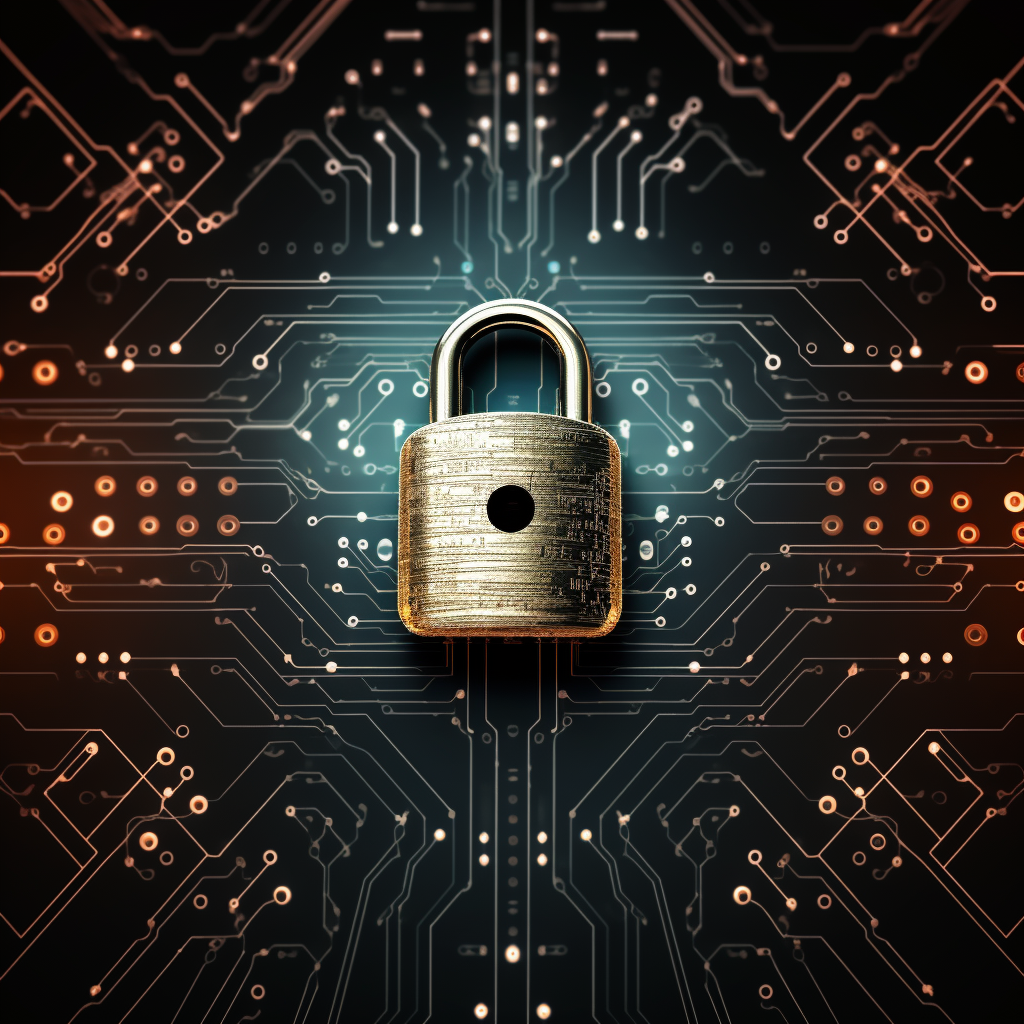In an increasingly connected world, public Wi-Fi has become a convenience. Whether you’re sipping a latte at your favorite café, waiting for a flight at the airport, or catching up on work in a hotel lobby, the temptation to connect to public Wi-Fi is ever-present. It’s fast, it’s free, and it seems like a godsend for staying productive or entertained on the go.
But beneath the surface of this convenience lurk significant cybersecurity risks that can jeopardize your sensitive data and overall digital security.
Let’s dive into the world of public Wi-Fi and some of the cybersecurity risks associated with it. We’ll provide you with essential tips on how to stay safe while enjoying the convenience of these networks. Your online security is paramount, and understanding the risks is the first step toward safeguarding your digital world.

Public Wi-Fi, available in coffee shops, airports, hotels, libraries, and countless other public spaces, offers the allure of staying connected wherever you go. However, it’s essential to recognize that these networks are typically open, unsecured, and shared by a multitude of users. This inherent openness makes them vulnerable to a range of cybersecurity threats.
Cybercriminals can intercept data transmitted over unsecured Wi-Fi networks. This means that sensitive information like login credentials, personal messages, and financial transactions can be intercepted by malicious attackers. In these attacks, a cybercriminal positions themselves between you and the network you’re trying to connect to. They can then intercept and modify data as it passes between your device and the network, potentially stealing your sensitive, personal information.
Public networks can also be a breeding ground for malware. Malicious software can be injected into the network, and unsuspecting users can inadvertently download it while connected.
Cybercriminals can even set up rogue Wi-Fi hotspots with names similar to legitimate ones. Unsuspecting users connect to these rogue hotspots, allowing cybercriminals to monitor their online activities – and they are none the wiser.
Many of these public networks lack any sort of encryption, leaving your data exposed. Without encryption, anyone on the same network can potentially intercept and view your online activities.
What Steps Can You Take To Stay Safe If Public Wi-Fi Is Necessary?
While the risks of public Wi-Fi are real, it doesn’t mean you have to avoid these networks altogether. Instead, take proactive steps to protect your digital security.
Consider Using a Virtual Private Network (VPN)
A VPN encrypts your internet connection, making it much more challenging for cybercriminals to intercept your data. Before connecting to public Wi-Fi, activate your VPN to ensure your online activities remain private.
Avoid Sensitive Transactions
Refrain from conducting sensitive transactions, such as online banking or shopping, while on public Wi-Fi. If it’s unavoidable, consider using your mobile data connection or a VPN to secure the transaction.

Enable 2FA for your online accounts. This adds an extra layer of security by requiring you to enter a one-time code, usually sent to your mobile device, in addition to your password.
Forget the Network After Use
Once you’re done using a public Wi-Fi network, make sure to disconnect and instruct your device to forget the network. This prevents automatic reconnection in the future.
Verify Network Legitimacy
Before connecting a public Wi-Fi network, verify its legitimacy with the establishment’s staff. Avoid networks with generic or suspicious names, as they may be rogue hotspots.
Keep Software Updated
Ensure that your device’s operating system and applications are up to date. Software updates often contain security patches that protect against known vulnerabilities.
Use Secure Websites
Whenever possible, use websites that begin with “https://” instead of “http://.” The “s” stands for secure, indicating that the website encrypts data transmitted between your device and the server.
Disable Sharing
Turn off file and printer sharing, as well as public folder sharing, in your device’s settings. This prevents unauthorized access to your files while connected to public Wi-Fi.
Use a Firewall
Enable your device’s firewall to block unauthorized access. Firewalls act as a barrier between your device and potential threats.
Your Digital Security Matters
The convenience of public Wi-Fi is undeniable, but so are the risks associated with it. As we navigate an increasingly digital world, safeguarding our online security becomes paramount. By understanding the vulnerabilities of public Wi-Fi and taking proactive measures to protect yourself, you can enjoy the benefits of connectivity without compromising your sensitive data.
Remember, cybersecurity is an ongoing effort. Stay informed about the latest threats and best practices, and consider subscribing to our newsletter for regular updates on how to stay safe in an increasingly digital world. For even more tips and insights, you can follow us on social media @TripleHelixCorp and check out our blog for weekly posts.
Your digital security is our priority, and we’re here to help you navigate the digital landscape safely and confidently.


